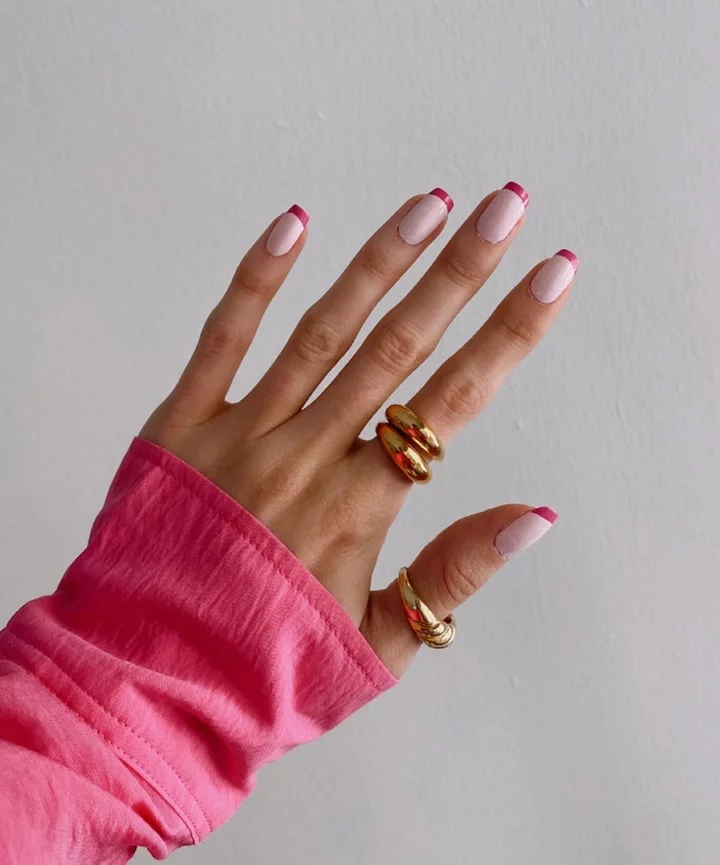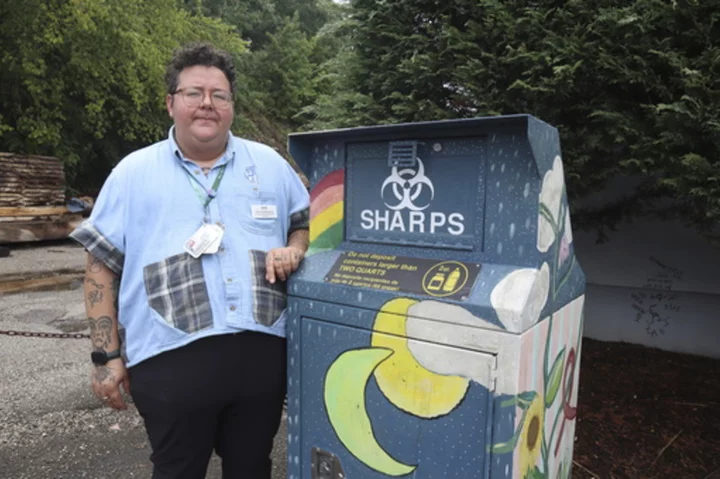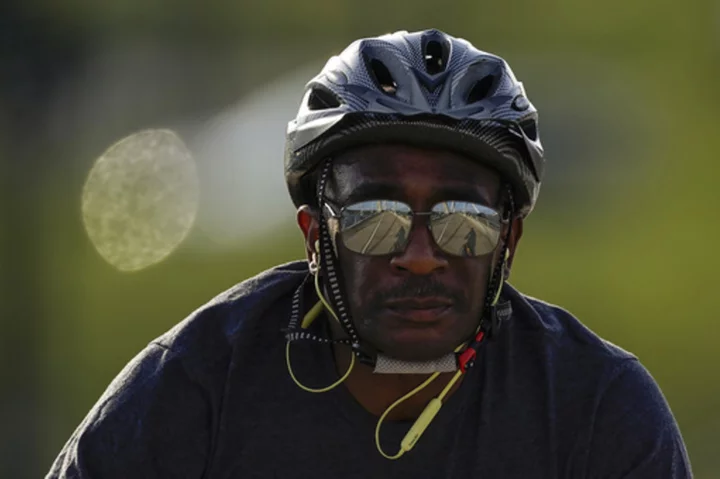
25 Last-Minute Father’s Day Gifts That Won’t Disappoint
Since Father’s Day has a habit of sneaking up on us, we've become quite good at the whole last-minute (not to be mistaken with lazy!) gift thing. After all, the internet was built for convenience, and nothing screams “it’s the thought that counts” quite like paying extra to express-ship a grooming kit straight to Dad's doorstep on June 18. To assist, we've corralled 25 of our best last-minute Father's Day ideas that make for quick and easy gifting.
2023-06-03 05:55

He's 'just Ken' but will the 'Barbie' movie change his popularity?
On and off the big screen, it’s Barbie’s world and Ken is just living in it
2023-08-12 21:26

Election Timing and Telegraph Fighting: Saturday UK Briefing
Hello from London, where excitement is building for the return of 60-year-old Doctor Who. The BBC estimates that
2023-11-25 21:26

Hong Kongers Set to Get Longer Visa-Free Time in Malaysia
Hong Kongers are set to get longer visa-free stays in Malaysia, according to people with direct knowledge of
2023-07-27 10:48

Kourtney Kardashian reveals doctors saved her unborn baby's life in shocking Instagram post
Reality star Kourtney Kardashian has revealed she had to undergo emergency fetal surgery to save her baby’s life. In an Instagram post, the 44-year-old, who is pregnant with her and husband Travis Barker’s child, explained she was rushed to hospital where doctors were able to save her unborn baby. Barker, 47, who is the drummer for rock band Blink 182, “rushed” back from the band’s UK and Ireland tour to be by his wife’s side. Kardashian wrote: “I will be forever grateful to my incredible doctors for saving our baby’s life. “I am eternally grateful to my husband who rushed to my side from tour to be with me in the hospital and take care of me afterwards, my rock. And to my mom, thank you for holding my hand through this.” Kardashian shares three children with her former partner Scott Disick and opened up about how going from having three “really easy pregnancies” to having to undergo fetal surgery filled her with a level of “fear” she was unprepared for. She continued: “As someone who has had three really easy pregnancies in the past, I wasn’t prepared for the fear of rushing into urgent fetal surgery. “I don’t think anyone who hasn’t been through a similar situation can begin to understand that feeling of fear. “I have a whole new understanding and respect for the mamas who have had to fight for their babies while pregnant. “Praise be to God. Walking out of the hospital with my baby boy in my tummy and safe was the truest blessing.” In the comments, many offered their support to the couple after their frightening experience. “Sending you and @travisbarker all my bundles of hugs and healing,” one wrote. Another said: “Love you. So thankful everything is ok.” Sign up to our free Indy100 weekly newsletter Have your say in our news democracy. Click the upvote icon at the top of the page to help raise this article through the indy100 rankings.
2023-09-07 16:18

I Tried It: Working Aboard an Amtrak Train
I’ve always loved trains. Like Marge Simpson and potatoes, I just think they’re neat. That’s
2023-08-11 22:55

Amazon Limits Authors to Self-Publishing 3 Books Per Day Amid Flood of AI Garbage
To prevent AI-written novels from flooding Amazon, the company is placing a cap on the
2023-09-21 07:57

Kickstart your fitness journey with $10 off the Amazfit Band 7
SAVE $10: As of Sept. 20, you can score an Amazfit Band 7 for $39.99
2023-09-20 23:46

Amazon and Apple fined $218 million by Spain antitrust watchdog
Spain's antitrust regulator has imposed fines worth a total of €194.1 million ($218 million) on Amazon and Apple for colluding to restrict competition on the Amazon website in Spain.
2023-07-19 00:19

TikTok Is Obsessed With A “Dry” Manicure — But Is Waterless Really Better?
The Russian manicure, named after the country in which it’s said to have originated, is one of the most satisfying nail trends on TikTok — and also the most controversial. You’ll know it when you hear the buzz of an e-file, which is exactly why the technique is so divisive: The electric nail file does an impeccable job of cleaning up the nail bed in lieu of a cuticle cutter, but the technique also lifts the cuticle, which can leave the delicate skin beneath the nail open to bacteria.
2023-10-06 00:28

How to unblock and stream UK Netflix for free
SAVE 83%: Unblock UK Netflix for free with ExpressVPN. A one-year subscription to ExpressVPN is
2023-07-18 12:27

Abortion regulations and LGBTQ-related legislation among state laws taking effect Saturday
As several state legislative sessions have concluded or are drawing to a close, some of the high-profile legislation enacted by state lawmakers is just taking effect.
2023-07-01 18:19
You Might Like...

Wordle today: Here's the answer and hints for September 7

As clinics pivot post-Roe, battle rages over syringe service in opioid-ravaged West Virginia

English protesters demand end to criminalisation of abortion

'Zepotha': The horror movie going viral on TikTok that doesn't exist

This is shoe designer Jimmy Choo’s proudest achievement

On US Bike to Work Day, here's how COVID, eco-thinking made cycling better in cities worldwide

Get a year of Walmart+ for just $49

You can get half-price Southwest flights through March — but you have to book ASAP
